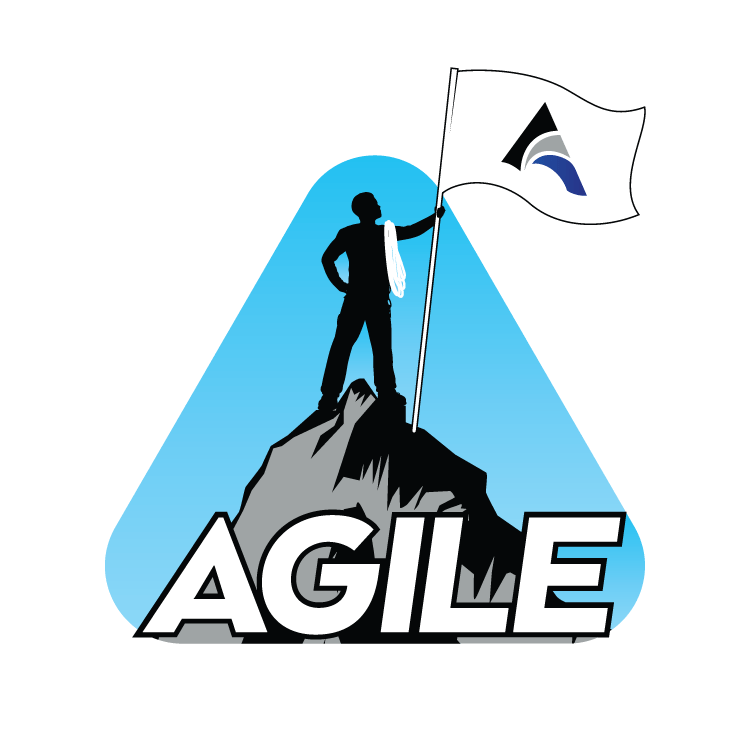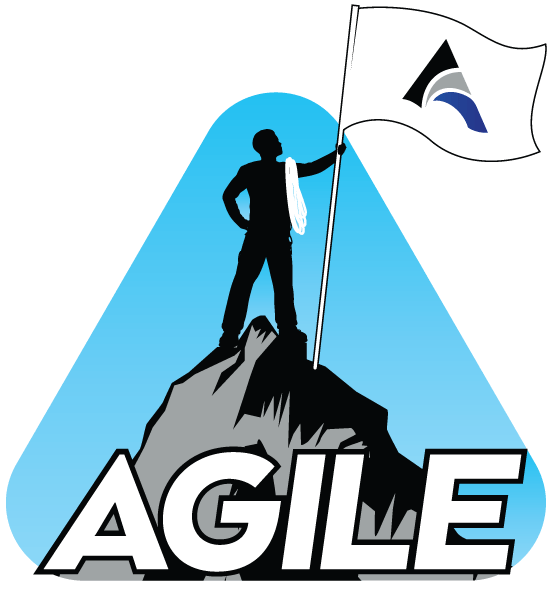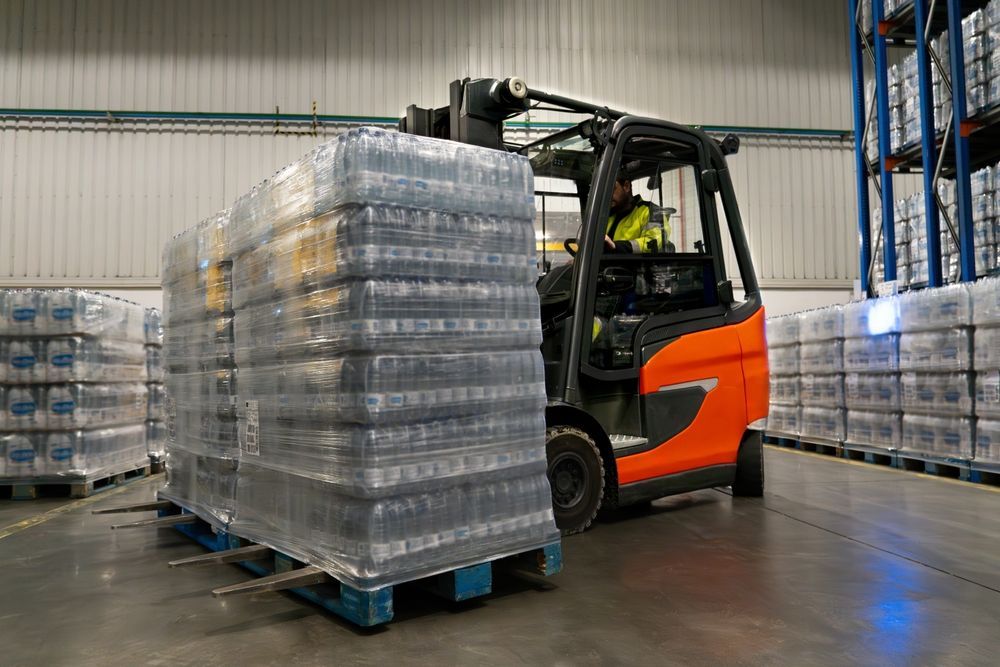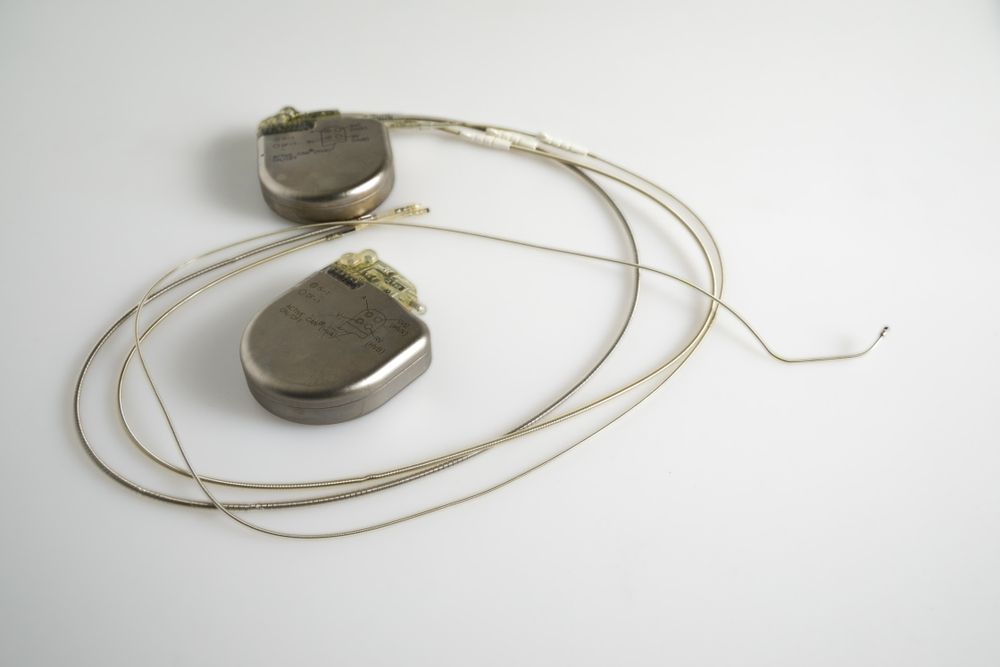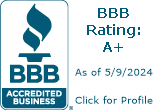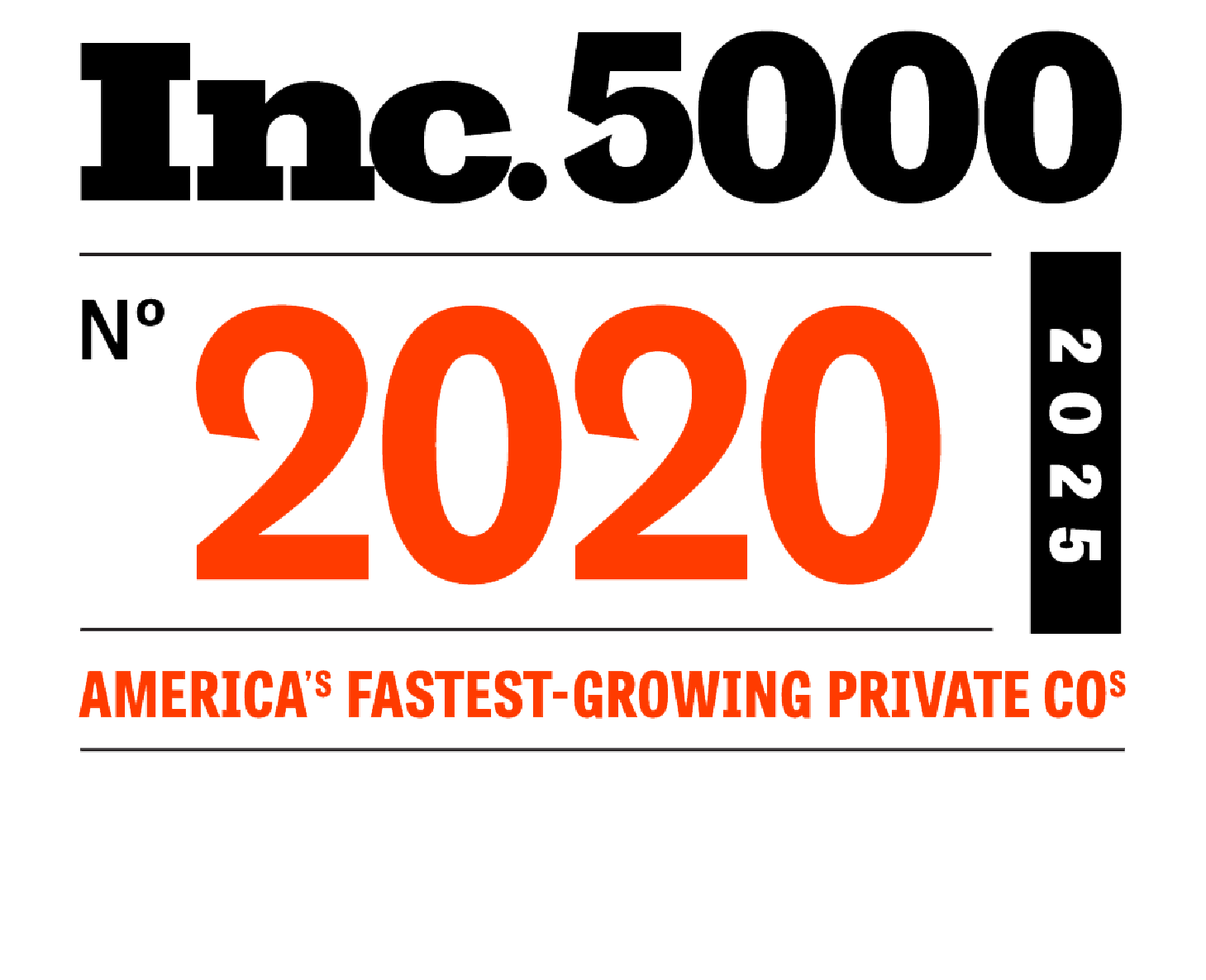Michigan Sales Tax Exemption for Industrial Processing
Written by: Mike Martin

The Michigan sales tax exemption for industrial processing, also commonly referred to as manufacturing, is very broad and provides a sales and use tax exemption as detailed in Mich. Comp. Laws Ann. Sec. 205.54t for most purchases that are used by an “industrial processor” in “industrial processing” activities.
As defined in Mich. Comp. Laws Ann. Sec. 205.54t(8)(b):
- “Industrial processing” means the activity of “converting or conditioning tangible personal property by changing the form, composition, quality, combination, or character of the property for ultimate sale at retail, for use in the manufacturing of a product to be ultimately sold at retail.”
- “Industrial processor” is defined to mean an entity that “performs the activity of converting or conditioning tangible personal property for ultimate sale at retail, for use in the manufacturing of a product to be ultimately sold at retail.” per Mich. Comp. Laws Ann. Sec. 205.54t(8)(c).
For example, this includes operations as wide ranging as a multi-location Michigan manufacturing icon such as Ford Motor Company all the way down to an individual that operates a machine shop in their backyard that fabricates car parts by merely cutting metal into specific dimensions. Both entities will quality as an industrial processor if the finished goods are ultimately to be sold at retail.
When Does Industrial Processing Begin and End?
Since the Michigan sales tax exemption for industrial processing or manufacturing only applies to purchases that are used in “industrial processing” activities, it’s important to understand when the industrial process starts and when it ends. According to Michigan Revenue Administrative Bulletin No. 2000-4, 6/13/2000, “Industrial processing begins when tangible personal property begins movement from raw materials storage to begin industrial processing and ends when finished goods first come to rest in finished goods inventory storage.” Some activities that are included within the definition of “industrial processing” are:
- Production or assembly
- Research or experimental activities
- Inspection or quality control
- Production material handling
- Storage of in-process materials
- Design, construction, or maintenance of production or other exempt machinery, equipment, and tooling
What Qualifies for the Michigan Sales Tax Exemption?
Some examples of property that qualify for the Michigan sales tax exemption for industrial processing include the following:
- Machinery and equipment used in production, processing or manufacturing
- Repair parts for machinery and equipment
- Property that becomes an ingredient or component part of the finished product
- Tools and dies

- Material handling equipment used for conveying work-in-process
- Foundations that support industrial processing machinery and equipment
- Property that is consumed in industrial processing, such as greases and lubricating oils
- Fuel or energy, such as electricity, natural gas, welding gases, etc.
- Labor used to repair exempt machinery and equipment
What Doesn’t Qualify for the Exemption?
The following types of purchases commonly made by manufacturing companies are not within the purview of the Michigan sales tax exemption for industrial processing:
- Office equipment not used for an industrial processing activity
- Office furniture or office supplies
- Tangible personal property used for receiving and storage of materials, supplies, parts, or purchased by the user or consumer
- Tangible personal property used or consumed in the preservation or maintenance of a finished good once it first comes to rest in finished goods inventory storage
- Returnable shipping containers
Exemption Based on a Percentage of Use
Although the Michigan sales tax exemption for industrial processing is quite broad, the sales and use tax exemption for machinery and equipment and other items is calculated on a percentage of use basis. Michigan Revenue Administrative Bulletin No. 2000-4, 6/13/2000 provides numerous examples of what qualifies for exemption and how to determine the amount of tax that is subject to refund or exemption. For example, an industrial processor that has one meter for their electricity consumption in both its exempt industrial processing activities and taxable non-industrial processing activities is required to determine the percentage of use for each activity type. If the industrial processor consumes 30% of the electricity in an industrial processing function, then only 30% of the total amount for electricity, transmission, and distribution would be exempt for industrial processing. For additional clarification, see example 23 in Michigan Revenue Administrative Bulletin No. 2000-4, 6/13/2000.
How to Claim the Exemption and Recover Michigan Sales Tax Overpayments
Michigan industrial processors can avoid paying sales tax on exempt items by providing their vendors with a copy of Michigan Sales and Use Tax Certificate of Exemption – Form 3372. As Michigan’s industrial processing exemption is very broad, it is highly probable that a Michigan industrial processor may have paid sales tax in error to its vendors, and beginning in January 2019, Michigan industrial processors are able to request refunds directly from the Michigan Department of the Treasury by completing Purchaser Refund Request for a Sales or Use Tax Exemption – Form 5633 for transactions going back 48 months. This is a significant change from the prior iteration of the refund recovery process which required the vendors or suppliers that originally sold the item to be heavily involved in recouping any overpaid Michigan sales taxes. The knowledgeable and experienced sales tax consultants at Agile Consulting can help you with the process of determining whether you are being charged tax incorrectly as well as recovering any overpayments from the Michigan Department of Treasury.
Choose Agile Consulting Group!
If you have any questions, comments or would like to discuss the specific circumstances you are encountering in regard to this issue, need further assistance with a sales tax refund review or any other sales and use tax issue, please contact a member of Agile Consulting Group’s
sales tax consulting team at (888) 350-4TAX (4829) or via email at info@salesandusetax.com.

Mike Martin
Mike began his career in Indirect Tax with the Florida Department of Revenue in 1992, conducting compliance audits in Miami. He later transitioned to consulting and moved to Birmingham, AL, with his wife and their 3 dogs, where he worked with manufacturing clients and started his own consulting companies specializing in tax recovery projects.

